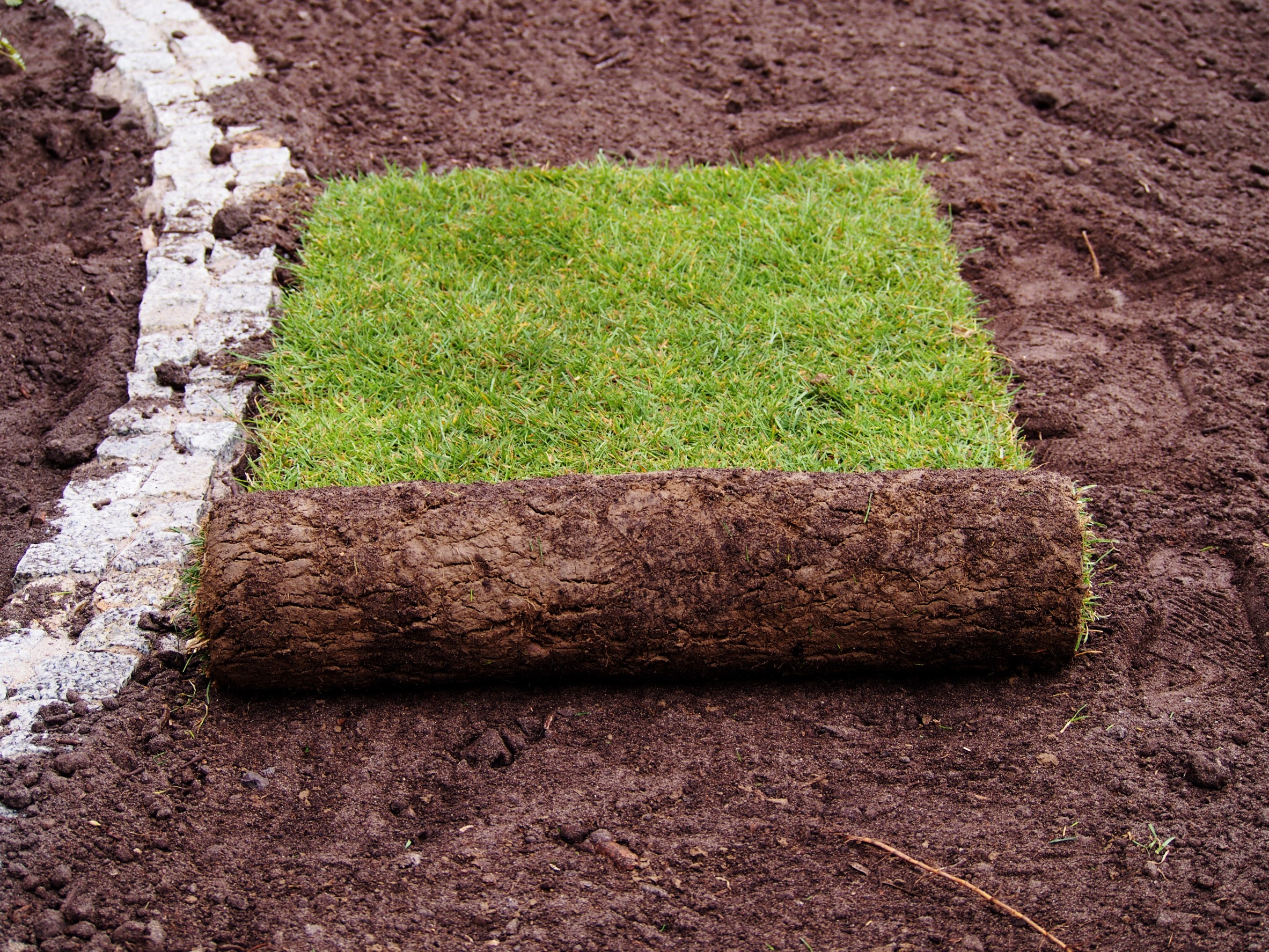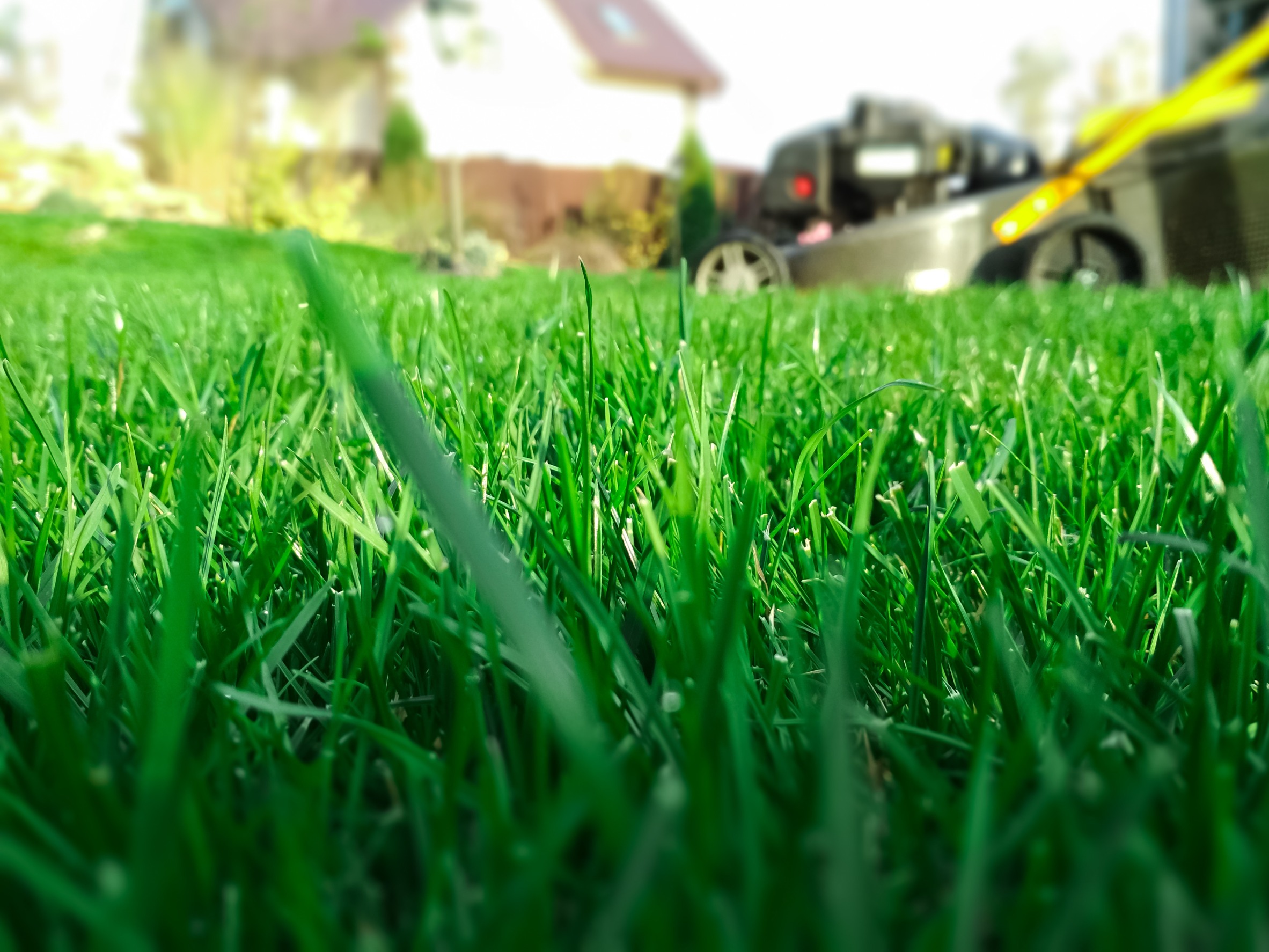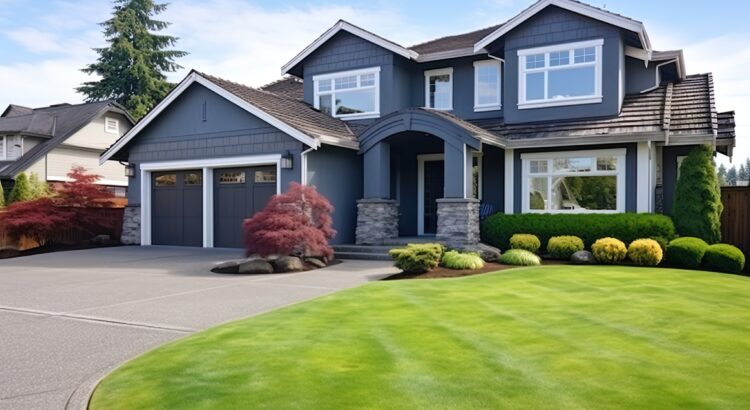Bermuda grass is a popular warm-season grass variety known for its excellent adaptability, durability, and aesthetic appeal. It’s a top choice for lawns, golf courses, athletic fields, and other landscapes in many regions. But how much do you really know about Bermuda grass?
In this article, we’ll explore some of the fascinating facts and characteristics of Bermuda grass and why it’s a great option for your lawn or other landscape projects.
Bermuda Grass Origins
Bermuda grass or Cynodon dactylon is a warm-season perennial grass variety native to Africa. It arrived in the United States in the 18th century and quickly grew to become one of the most popular grass varieties in the southern region.
Today, several hybrid strains of Bermuda grass offer improved traits such as aggressive growth, disease resistance, and finer blades.
Adaptability and Durability
One of the most impressive characteristics of Bermuda grass is its remarkable adaptability to various soil types, pH levels, and moisture conditions. Bermuda grass can tolerate drought, heat, salt, and foot traffic, making it a top choice for high-traffic areas such as sports fields and golf courses.
This grass variety is also known for its rapid establishment and growth, providing a durable and resilient lawn or turf in a short amount of time.
Versatility and Aesthetic appeal
Bermuda grass is highly versatile and can be used for various landscaping and recreational applications such as lawns, sports fields, golf courses, and parks. It’s also an excellent erosion control solution for steep slopes or sandy areas.
Bermuda grass offers an attractive, uniform green color and fine texture that complements many landscape styles. With proper maintenance and irrigation, Bermuda grass can maintain optimal color and growth throughout the growing season.

Low Maintenance
Another advantage of Bermuda grass is its low maintenance requirements. It needs less mowing than other grass varieties and can tolerate infrequent watering once established.
It’s generally resistant to many turfgrass diseases and pests, reducing the need for chemical treatments. Bermuda grass also has a deep root system that helps it withstand environmental stressors such as heat and drought.
Establishment and Care
Bermuda grass requires full sun exposure for optimal growth and color. It’s best established through sodding or sprigging during the warm months, when soil temperatures are above 60°F.
Once established, Bermuda grass benefits from regular fertilization, watering, and mowing to maintain its health and appearance. It’s important to note that over-watering or over-fertilization can harm Bermuda grass and affect its drought tolerance.
Bermuda Grass Drawbacks
While Bermuda grass offers several benefits, it’s not without its drawbacks. Its aggressive growth habit means it can invade nearby flowerbeds or vegetable gardens if not adequately contained.
It’s also intolerant of shade and can develop brown patches in areas with insufficient sunlight. Additionally, Bermuda grass can become dormant or turn brown during the winter months and may require overseeding with a cool-season grass to maintain year-round green.
Weed Control for Bermuda Lawns
When nurturing your Bermuda grass lawn, one of the key battles to be fought is against those unwelcome intruders – weeds. These opportunistic plants will take root and spread, threatening to disrupt the pristine beauty of your Bermuda grass. It’s crucial to understand the common weeds that tend to target Bermuda grass lawns, identify them and take swift action.
Enterprising culprits like crabgrass, clover, dandelions, and annual bluegrass are often spotted wreaking havoc in Bermuda grass lawns. With their ability to quickly germinate, establish, and compete for precious resources, they pose a constant challenge for Bermuda grass enthusiasts. But fear not!
Armed with knowledge of the enemy, you will employ effective weed control strategies and nurture your Bermuda grass to reach its full potential. Read more about weed control for Bermuda grass.
Wrapping Up
In conclusion, Bermuda grass is a versatile and durable grass variety with many benefits for different types of landscape projects. Its adaptability, low maintenance, and aesthetic appeal make it an attractive option for homeowners, landscapers, and facility managers.
With proper establishment, care, and maintenance, Bermuda grass can provide a healthy, lush, and resilient lawn or turf for many years. Ready to get started on your Bermuda lawn today? Our sod installation service is what you need.





